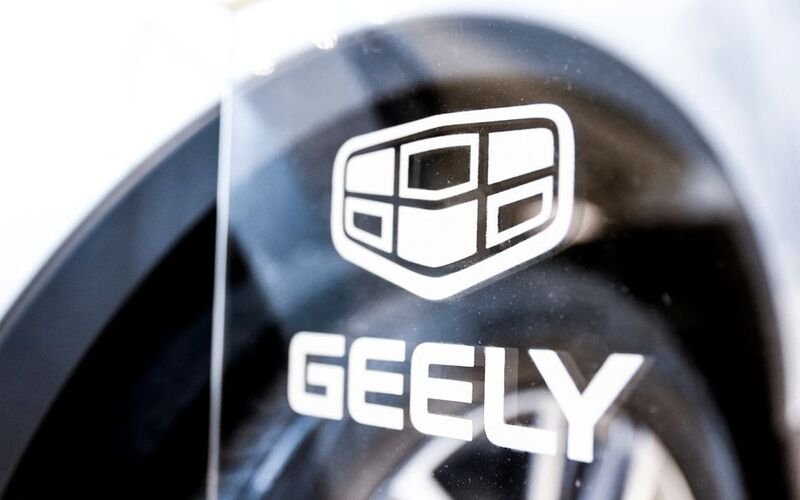Lynk & Co, owned by China’s Geely (0715. H.K.) and Volvo Car (VOLCARb. S.T.), wants to build its first showroom in France by early 2024 and grow across Europe, including Britain, its CEO and founder told Reuters.
The manufacturer sells and rents automobiles monthly and operates clubs, which look like pubs or lifestyle shops, in Belgium, the Netherlands, Germany, Sweden, Spain, and Italy.
Alain Visser, Lynk’s CEO, stated the 02, a fully electric SUV, will launch by 2024.
Before Lynk, Visser worked for General Motors, Ford, and Volvo. “We have plans to enter other European markets in the short term: Norway, Austria, Switzerland and the U.K.,” he stated.
Visser said Lynk had “ambition” to enter the U.S. market.
Though minor, Lynk’s development plans are the latest indication of Geely’s efforts to expand in Europe as Chinese cars, particularly electric ones, become more popular.
In January, the Chinese company, which controlled Volvo and upped its investment in Aston Martin (AML.L) to 17%, announced ambitions to expand its Zeekr and London Electric Vehicle brands in Europe.
It also partners with Renault (RENA.PA) to form a powertrain company.
According to consultant Inovev, Chinese-made electric vehicles had a 9% European market share in 2022, roughly doubling the previous year.
As of April, Lynk has 200,000 monthly European members, including 25,000 in France, up from 180,000 and 21,000 a month earlier.
In France, where Lynk wants to build its first selling location in Paris in late 2023 or early 2024, it charges 550 euros per month and 44,500 euros ($48,986) for the premium sector, greater than Shanghai Automobile Industry Corporation-owned MG Motor.
The French government is lobbying to recruit overseas gigafactories and carmaking plants by offering a 5,000 euro ($5,504) incentive to electric car owners if their cars fulfill low-carbon criteria, which would effectively exclude non-European cars.
Given escalating US-China relations, Visser said Lynk might have to explore producing automobiles in Europe.
“It’s becoming more and more necessary to have local manufacturing sites… rather than import cars from China.”





















































Comment Template